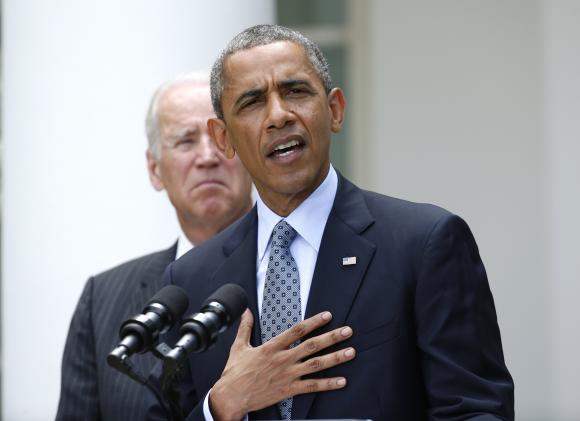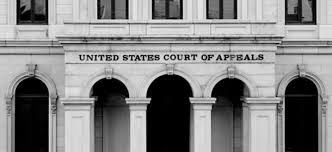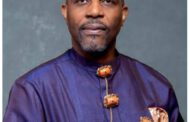With only two years left in his final term — and after a stinging rebuke to the Democratic Party in the midterm elections — the president is showing a new attitude: No more Mr. Nice Guy.
First, President Barack Obama threw down a challenge on the immigration issue. After years of setbacks and delays, he boldly vowed to take executive action to protect up to 5 million undocumented immigrants from fear of deportation.
He welcomed members of Congress to replace his unilateral action with more comprehensive legislation of their own. But he’s moving ahead, Obama vowed, whether Congress does or not.
With that, the president brought to center stage the issue that deeply divides Republicans — and at a time when Republicans hope to push issues like trade agreements to divide Democrats.
But a few days later, as GOP leaders fumed over Obama’s immigration vow, the president announced a new position on Internet neutrality that leaned toward more government control — a position Sen. Ted Cruz, a Texas Republican, rejected as “Obamacare for the Internet.”
But that dust-up was mild compared with the apoplexy that Obama’s historic climate agreement deal with China brought the next day to Mitch McConnell, soon to be the Senate’s majority leader — from the coal state of Kentucky, where pols tend to treat human contributions to climate change as a myth. So much for bipartisan comity.
The president has ample reasons to give up hope for a break in Washington gridlock. Despite the willingness that McConnell and House Speaker John Boehner have expressed to maybe “work across the aisle” with Democrats in the new Congress, that’s not what Republican voters tell pollsters that they want to hear.
In language seemingly borrowed from tea party rallies, two-thirds of Republican and Republican-leaning independents polled by Pew Research Center after the midterms say the Grand Old Party’s leaders should “stand up” to Obama, “even if less gets done.” Only 32 percent want to see the newly elected GOP lawmakers work together, even if it means compromises that disappoint some of the party’s supporters.
By contrast, only 43 percent of Democrats and Democratic-leaning independents said Obama should “stand up” to Republicans, even if it means less productivity in Washington. Slightly more than half of that group said Obama should try his best to work with Republican leaders, even if it means compromising on issues that are important to Democratic groups.
Yet, even if Democrats are more interested in compromise than Republicans, Obama has only two years to accomplish something with Congress — after two years in which Washington seemed to accomplish almost nothing.
Republicans hope Obama overreaches but, considering the track record of their conservative wing, there’s just as much risk of overreach from the GOP side too.
Conservative extremists want to push for another government shutdown — and even talk of impeaching Obama — to get what they want. GOP centrists want to show that they can govern without selling out their conservative principles.
And Obama wants to show that he, too, can govern, despite relentless GOP attempts to show that he can’t. In his first post-midterm news conference, he said he was going to “squeeze every last little bit of opportunity to help make this world a better place over these last two years.” Now we’re discovering what he meant. Whatever tools he has, he’s going to use them.
What does this mean for the Obama legacy, which surely must be on his mind?
Even if Obama’s most memorable legislative achievements like the Affordable Care Act, commonly known as Obamacare, turn out to have been achieved in his first term, Team Obama says the president still will be remembered for changing the terms of debate in Washington.
Any future candidate for the presidency is going to have to be “pro-immigration, pro-same-sex marriage, pro-economic fairness,” said White House senior adviser Dan Pfeiffer, who also predicted “a world where no climate denier will ever be president again.”
Of course, grand predictions from the right or the left have a way of falling into dust in American politics. Yet, it is hard to deny that Obama has had a profound impact on the way we talk about politics in America, thanks to the boldness of his actions and the ferocity of his opposition.
Clarence Page, a member of the Tribune Editorial Board, blogs at chicagotribune.com/pagespage.













